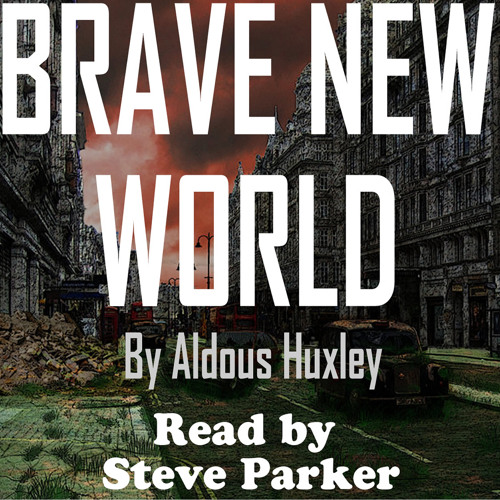

The title is so etched in our culture, I had little curiosity - and now I've discovered just how brilliant this 1932 novel is. As he says in the introduction: "There is, of course, no reason why the new totalitarianisms should resemble the old.A really efficient tot I somehow managed to live to age 60 before reading a book most people read in high school. While the specifics of Huxley's Brave New World may not yet be here, or not in the form he envisioned, the picture he paints is frightening.


I somehow managed to live to age 60 before reading a book most people read in high school. He is born in a savage society, there is no mention of him being ever educated but he has read the complete works of Shakespeare and his discourse later on shows a kind of deep understanding and adherence to an idea of morality which is difficult to imagine owing to his savage upbringing.more P.S : Only thing which really didn't go down well with me about this book was the portrayal of the character of John (the Savage).

But it also made clear the neccessity to exercise our faculties rationally, to be aware of the dangers such advances may hold for the future of human civilization itself. What these readings really did was to lay bare the fragility of societal structure which can crumble and surrender to the whims of its "selected few/one". May be I felt that these readings might help me understand the extent to which we humans can advance in order to maintain the supremacy of a selected few/ one in power so that some form of uniformity may be imposed in the name of forced ideals. I don't know if the nations have become more hostile towards each other than they were ever, whether we the people have become more intolerant towards each other or whether it is because of the faster and consistent accessibility to the happenings around the world that it appears to be the case. May be these readings came in wake of the increasing uncertainty towards the kind of future we are standing on the brink of. That makes for a reverse order in terms of their time of publication.I am not sure why I felt drawn to these books in succession. Then I read Brave New World by Huxley and then We by Zamyatin followed by the little story (The New Utopia) by Jerome.īNW inspired me to read We. It left me so numb that I couldn't gather my thoughts on the experience of reading it. May be these readings came in wake of the increasing unc 1984 by Orwell was the first work of dystopian fiction that I laid my hands on. Then I read Brave New World by Huxley and then We by Zamyatin followed by the little story (The New Utopia) by Jerome. The non-fiction work Brave New World Revisited, published in 1958, is a fascinating work in which Huxley uses his tremendous knowledge of human relations to compare the modern-day world with his prophetic fantasy envisioned in Brave New World, including the threats to humanity, such as over-population, propaganda, and chemical persuasion.moreġ984 by Orwell was the first work of dystopian fiction that I laid my hands on. This powerful work of speculative fiction sheds a blazing critical light on the present and is considered to be Aldous Huxley's most enduring masterpiece. Through the most efficient scientific and psychological engineering, people are genetically designed to be passive and therefore consistently useful to the ruling class. This powerful work of speculative fiction sheds a blazing The astonishing novel Brave New World, originally published in 1932, presents Aldous Huxley's vision of the future-of a world utterly transformed. The astonishing novel Brave New World, originally published in 1932, presents Aldous Huxley's vision of the future-of a world utterly transformed.


 0 kommentar(er)
0 kommentar(er)
